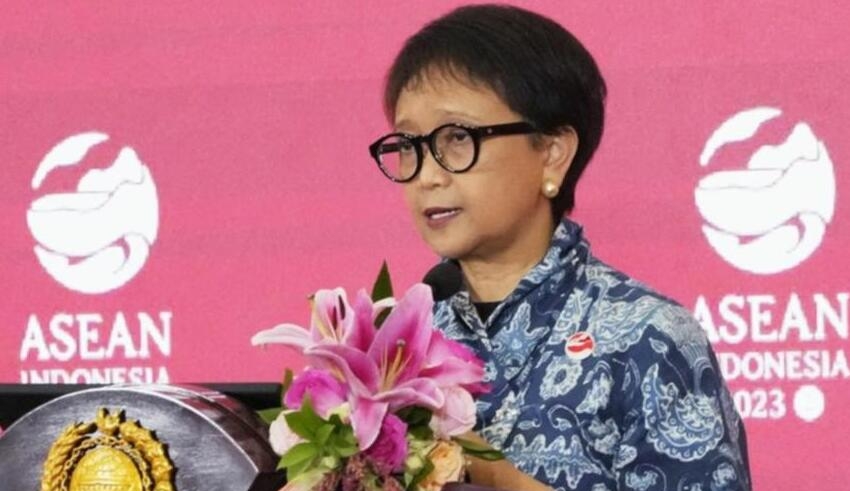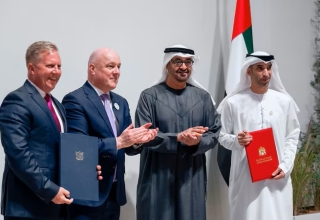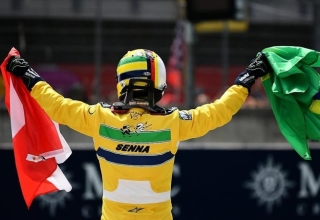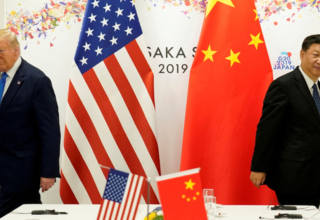
Indonesia aims to strengthen discussions with China and other Southeast Asian nations to finalize a code of conduct (COC) for the disputed South China Sea, its foreign minister said on Saturday, as tensions in the vital waterway continue to rise.
Foreign Minister Retno Marsudi said in Jakarta at the conclusion of a meeting of the foreign ministers of the Association of Southeast Asian Nations (ASEAN), the 10-member regional organization that Indonesia presides over this year as its chair.
Some member governments have prioritized bilateral connections with China above a regional consensus, preventing progress on the COC for years. The COC is a proposed framework for addressing territorial and maritime conflicts in the waterway.
The foreign minister stated that Indonesia is prepared to host a round of COC discussions this year, the first of which will take place in March.
China asserts sovereignty over nearly the entire South China Sea based on its U-shaped “nine-dash line,” a boundary that the Permanent Court of Arbitration in The Hague said in 2016 had no legal validity.
Keep Reading
The Philippines offered the United States wider access to its military sites earlier this week, in part because of Beijing’s expansive claims in the resource-rich maritime area.
ASEAN nations the Philippines, Vietnam, Malaysia, and Brunei have claims in the critical waterway that overlap with China’s.
Indonesia is not an official claimant, but its development of oil and gas deposits in the North Natuna Sea has been met with opposition from China. A month ago, the nation dispatched a warship to the region to observe a loitering Chinese coast guard craft.
To achieve headway on the COC, all ASEAN member states and their Chinese counterparts will explore “new techniques,” according to Sidharto R. Suryodipuro, director of ASEAN cooperation at Indonesia’s foreign ministry.
“It is essential that all parties agree that this perspective should be implementable and consistent with international law,” he added.
Separately, ASEAN members concluded discussions by reiterating their support for the bloc’s five-point peace plan for Myanmar, which includes the end of hostilities and the initiation of dialogue.



























